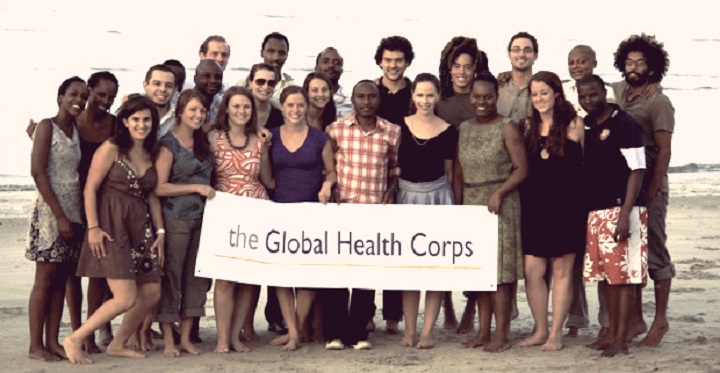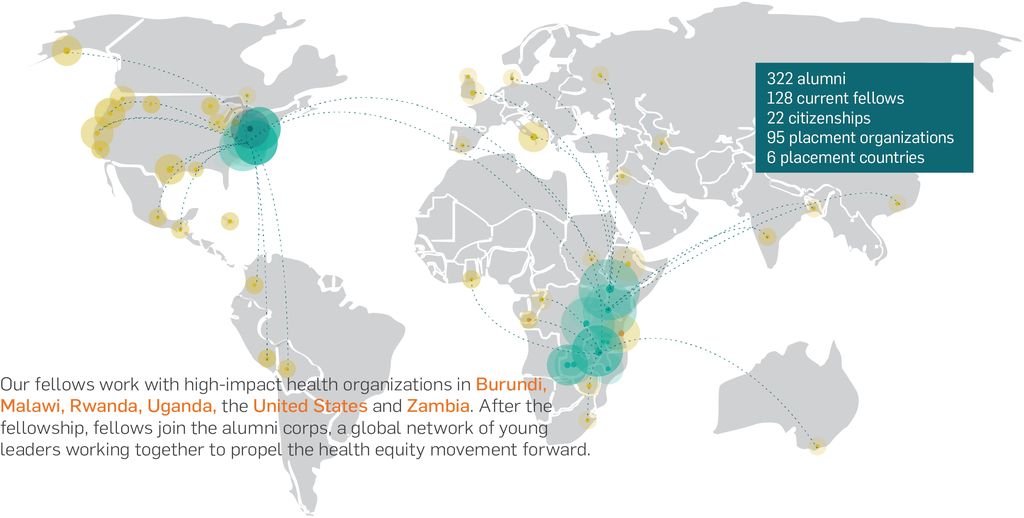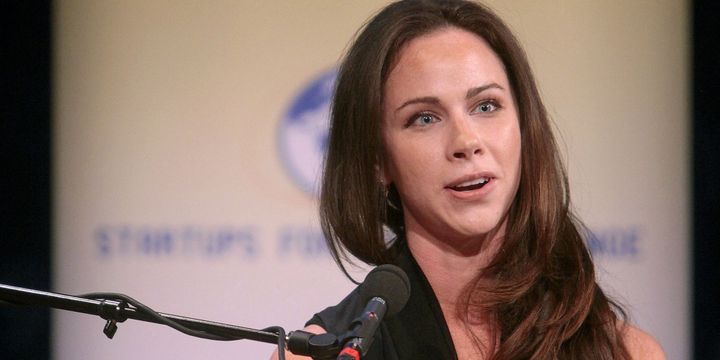
This October, Philadelphia will once again be hosting the Forbes Under 30 Summit, an annual gathering of America's most talented young entrepreneurs and game-changers. In addition to the usual festivities, this year's Summit will include an incentive challenge for people looking to make a difference. Known as the Forbes Under 30 $1 Million Change the World Competition, this challenge will award up to $1 million USD to social entrepreneurs under the age of 30 for ideas on how to make the world a better place.
In addition, the Summit will feature a number of important events, such as panels, discussions, and TED-style talks. Mentorship programs from successful business leaders will also be featured. In what is sure to be the highlight of the Summit, CEO and co-founder of Global Health Corps Barbara Bush will be amongst those presenting.
The daughter of former-President George W. Bush, Barbara's commitment to global health began during her junior year at Yale, when she traveled to Africa as part of the President's Emergency Plan for AIDS Relief (PEPFAR). A U.S. government initiative convened to address AIDS/HIV around the world; this group visited five countries where drugs to combat the disease were scarce or altogether unavailable.
During her travels, Bush was appalled to see hundreds of people lined up in the street hoping to receive medication. As she related in an interview with Forbes last year, “The lack of justice–I couldn’t wrap my mind around that," she said. "You could be born at the wrong place at the wrong time, and that could dictate if you were going to live. That made me angry.”

In 2008, Barbara Bush and her sister Jenna came together with other dedicated professionals to create the GHC. Credit: ghcorps.com
Afterward, she returned to Yale, dropped her architecture major, and began meeting with anyone who would talk to her about global health issues. In 2008, she and her sister Jenna attended the 2008 aids2031 Young Leaders Summit, an annual event hosted by UNAIDS that brings young leaders from around the world together to aid in their efforts to combat AIDS and AIDS-related stigma and discrimination.
While there, she and her sister met with several young professionals from diverse backgrounds and realized they had much in common. This included Charlie Hale, a policy and government affairs manager for Google’s geo products; Andrew Bentley, a Google employee who's work has taken him around the world; and the trio of Dave Ryan, Katie Bollbach, and Johhny Dorsey - the student team who founded FACE AIDS, a national student campaign to fight AIDS in Africa. A year later, the GHC was formed and receiving their first grant from Google to fund their efforts.
In addition to their belief that health should be a human right, this group was united in the understanding that there exists today an extreme disparity in health outcomes between the world's rich and poor. At the same time, they understood that addressing this problem requires the skills of people beyond health care. Supply chain management, computer programming, and human resource management are critical components to ensuring aid gets to where it is needed.
To address this, the GHC created a mandate whereby young professionals with the requisite skills could be placed on the frontlines, where they would be able to make the greatest difference. This involves collaborating with local grassroots organizations, health ministries, and international non-profits to place fellows in Burundi, Malawi, Rwanda, Uganda, and Zambia, as well as the United States.

The GHC's reach has expanded by 500% in the past six years, with 128 fellows working with 95 placement organizations in 6 countries. Credit: ghcorps.com
As Bush explained, this involves giving organizations the help they need by pairing them with the professionals who can offer it. “When we partner with organizations, they identify the skills sets they need,” she said. “That allowed us to open the field to very different backgrounds, and people who were interested in health but thought you had to have a medical degree.”
Due to their novel approach and policy of putting people with diverse talents where they are needed and can be most effective, the GHC has expanded significantly in the past six years. In fact, their organization has grown by a factor of 5, from 8 placement organizations and 22 fellows in 2008 to 59 organizations and 128 fellows in six countries in 2014. And much of this success is owed to the vision, experience and dedication of its CEO, Barbara Bush.
In addition to being the co-founder of the GHC, Barbara is a member of UNICEF’s Next Generation Steering Committee, is on the Board of Directors of Covenant House International, PSI, Friends of the Global Fight for AIDS, TB, and Malaria, and the UN’s Global Entrepreneurship Council. She is a Draper Richards Foundation Social Entrepreneur, a World Economic Forum Young Global Shaper, a fellow of the Echoing Green Foundation, was named one of Glamour Magazine’s Women of the Year in 2011, and one of Newsweek’s Women of Impact in 2013.
But most importantly of all, Barbara Bush has distinguished herself. She is a rare individual who, even before they reached the age of 30, began dedicating themselves to the promotion of a higher quality of life and social justice across the globe. As such, she will be in good company this October, addressing a crowd of 2000 of the world's leading social entrepreneurs.
Do you have ideas that could help improve the lives of people worldwide? Then check out the Forbes Under 30 $1 Million Change the World Competition and be prepared to make a difference!
Top Image Credit: huffingtonpost.com








